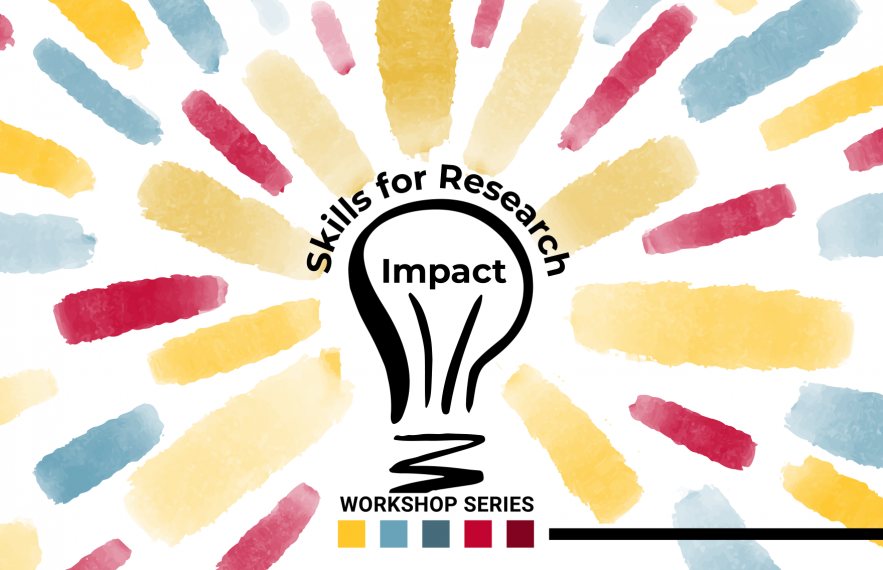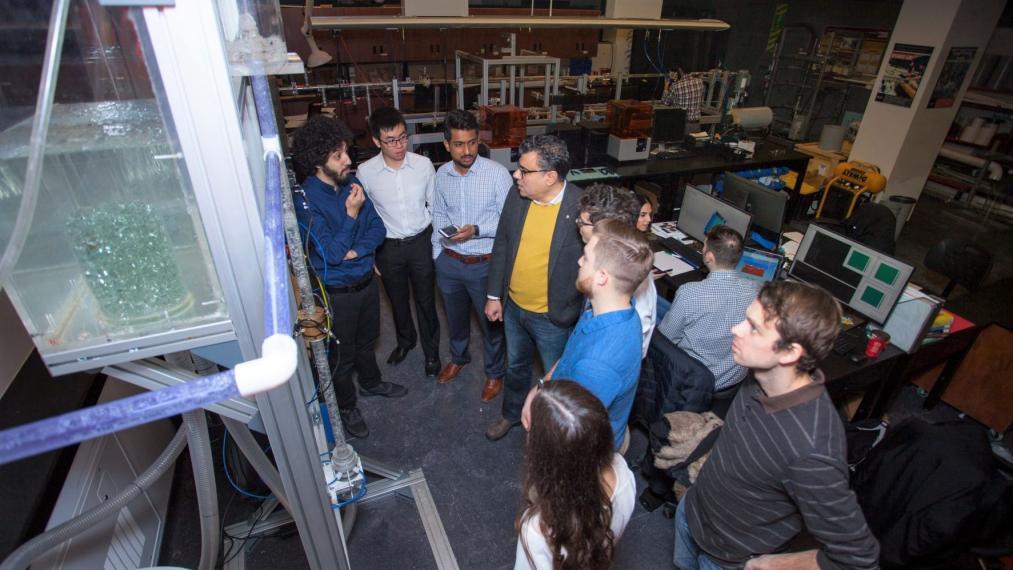Alliance-funded researchers consulted by Wellington Advertiser on diversifying farm land use in Wellington County
In 2020, U of G researchers conducted a study to find out if and how the province's Guidelines on Permitted Uses in Ontario’s Prime Agricultural Areas publication was being implemented.


